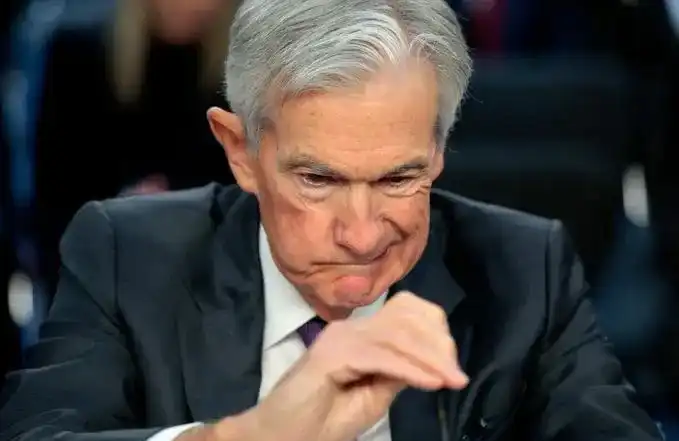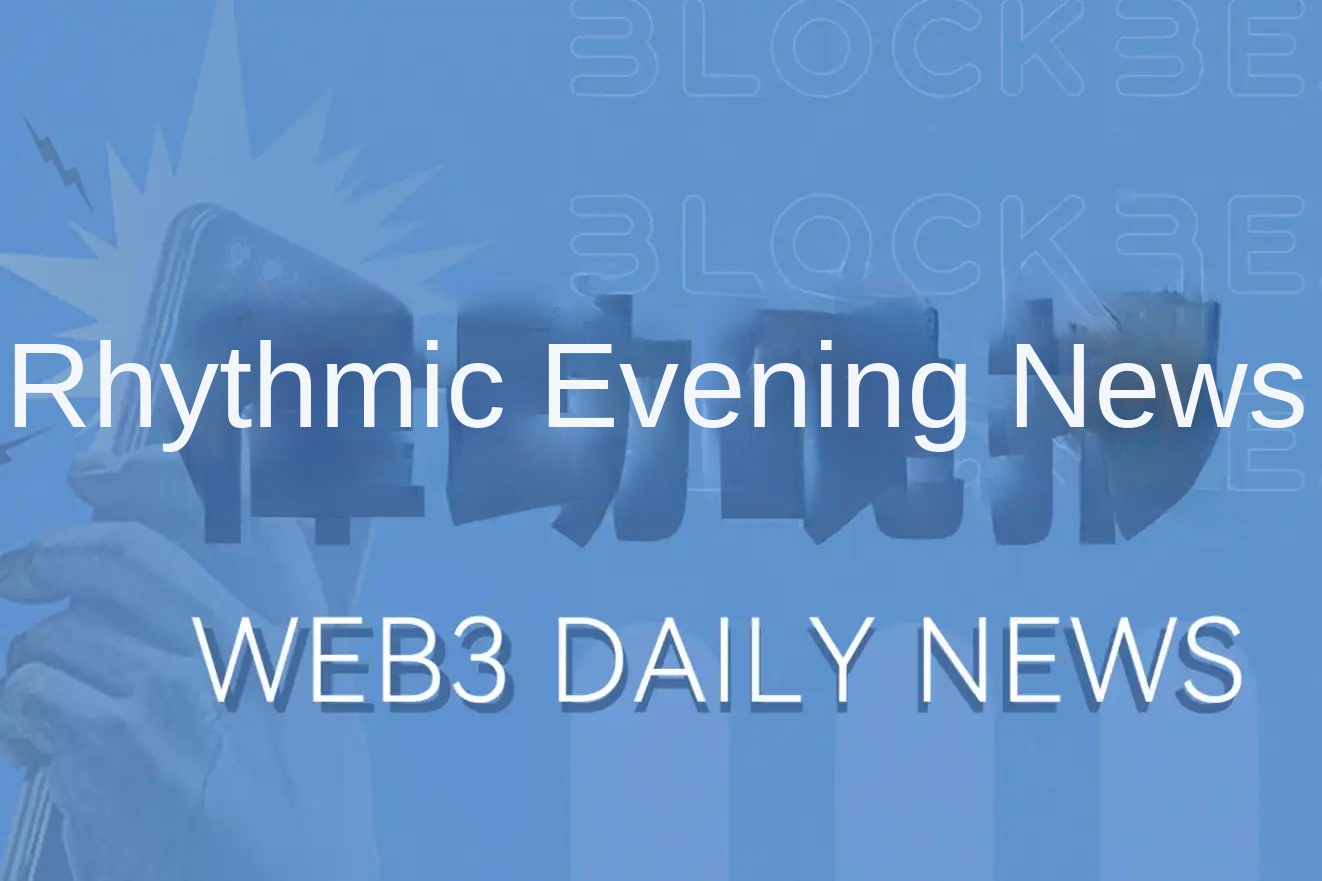Revealing the secrets of investing in DAO - how to invest in first-line projects
Source: Wang Chao, Empower Labs
Editor's note: This article is from Wang Chao, founder of Empower Labs. Recently, he wrote a summary on his personal public account on how to invest through DAO. Combining market background, DAO characteristics, and investment methods, he reveals the operating logic behind investing in DAOs. BlockBeats has combined the two parts of the content into one article for readers' convenience.
Article Part One: "How I Invested in AI with DAO (I)"
Investing in DAOs has a strong compliance structure.
Investing in DAOs without GPs, the success of investing in DAOs is essentially the success of the member network.
Investing in DAOs will not replace VCs, but it will become an important force in the market and occasionally lead the market.
A few days ago, as a guest on Web3 101, I talked about how my friends and I organized a DAO for AI investment. After the podcast was released, many friends were interested and asked questions, with a significant proportion focused on the details of investing in DAOs. Therefore, I wanted to write an article to share more about it.
Before introducing, it is important to emphasize that there are many investment models for DAOs. I will be introducing one of the more mainstream models, but it does not cover the entire market.
If we observe the most influential investment DAOs in the market, such as The LAO, MetaCartel, and Flamingo, we will find that they have adopted similar patterns.
Semi-closed structure, no external fundraising. There are registered entities, some with bank accounts. Strong compliance. The membership limit is 99 people. There is no GP, no management fee, and no Carry. DAO members need to invest funds, undergo KYC and Accredited Investor certification. No assets are issued, and the rights of the DAO are corresponded to each specific member through a set of legal structures.
The reason why mainstream investment DAOs generally adopt similar patterns is that investment activities involve asset holding, asset appreciation, and dividends, etc., and there is no room to avoid regulation. Compliance is crucial to ensuring the safety of members and investments.
Strong compliance naturally implies high barriers to entry, which discourages most people who want to participate in the market. However, this is not a problem when investing in DAOs. This involves a more important element than technical compliance in investing in DAOs - the composition of the member network.
A successful investment DAO is not about having a large number of people, but about being able to build a high-quality member network. Compliance structures require that investment DAO members cannot exceed 99 people, but in reality, no investment DAO has ever reached this limit. Even the most active investment DAOs have a size of around 60 people, with most having 20-40 members.
Investing in DAO is an investment organization without a GP, so the work of the GP will be undertaken by each member. Whether such a grassroots organization that participates in their spare time can obtain sufficient deal sources, form efficient and reasonable decisions, whether the founder is willing to accept funding from such an organization, how to help the portfolio after investment, and how to design and execute exit strategies are all tests for the members.
So just providing funding is not enough. Most members need to have a great passion for the field they are investing in and be able to make sustained and effective contributions. Contributions can be sharing deal sources, timely capturing opportunities in the public market, having rich investment experience to judge projects, or having specific abilities in certain fields that can complement others. Generally, it is best to have a certain proportion of members who are good at external output, forming a larger volume together. Top institutions like A16z are very good at content output and benefit from it, and investing in DAOs is the same.
Using this AI-themed investment DAO as an example, the idea was conceived in October of 22, and officially launched in February of 23. During these four months, apart from preparing the appropriate structure, most of the time was spent on personnel curation - selecting people. Each member's invitation was discussed and deeply communicated. Currently, there are about 30 members, including AI projects, game studios, founders from several other technology fields, Emmy-winning producers, AI scientists from major companies, legal experts, veterans in the investment DAO field, and even traditional investors who have invested in almost all outer space projects. Of course, those most familiar with DAO are from the crypto community, so the highest proportion of investors comes from various crypto funds, accounting for almost half. Geographically, we have the most personnel in the San Francisco Bay Area, the hub of this AI innovation, and there is also a certain distribution in the eastern United States, Europe, and Asia. This diverse background is key to accessing a large number of high-quality deals in the early stages.
Of course, choosing people is a two-way process. You choose them, and they choose you. There are also friends we hope to bring in, but after communication, they ultimately do not join, which is also normal.
Many DAO investments have started to show results, and a common question is whether DAO investments will replace VC. My answer is clear: they will not.
The positioning and operation of the two have huge differences, whether from the perspective of market positioning or the scale of funds, investing in DAO has no possibility of replacing VC. However, this does not mean that my judgment on the prospects of investing in DAO is pessimistic. On the contrary, I believe that as investment DAO gradually produces good results and the penetration rate of this concept becomes higher and higher, investment DAOs in various segments will emerge in large numbers.
Now we can see investment DAOs focusing on different areas such as zero-knowledge proofs, DeSci, generative art, DeFi, Web3 games, and mainly in the crypto industry. However, investing in DAOs is not limited to crypto. Our AI-themed investment DAO has broken through the crypto market and entered the broader AI investment field. We not only invest in projects, but also ensure the quality of the projects we invest in, thus proving that this model can also stand firm in the traditional investment market.
In the future, investment DAOs will gradually move beyond the cryptocurrency industry and enter a broader investment world. In another year or two, we may see investment DAOs focusing on different themes such as life sciences, quantum technology, robotics, film and television, etc. Investment DAOs will gradually become a force in the investment market, coexisting with venture capitalists in the long term.
The advantages of investing in DAO are thematic focus, collective wisdom, and collective power. A sufficiently diversified and insightful small group can make forward-looking judgments in many fields through long-term internal wisdom collisions, and lead the market through collective voice.
Article Part 2: "Unveiling DAO Investment: How to Invest in First-Line Projects"
This article will delve into the daily operations of investing in DAOs. As the saying goes, there are many ways to invest in DAOs, and this article cannot cover all the models in the market. Moreover, even if the organizational models are similar, each DAO will have its own specific operational details.
As a DAO, how do you make investments and how do you carry out specific transactions?
This is the question that I have been asked 100% of the time in my past communications.
We rely on three tools in our daily work. 1. Discord, for daily communication. 2. Investment portal, a customized portal that lists all project opportunities by stage (New, Active, DD, Voting, Closing, Archive). This makes it easy for members who don't have time to check Discord to quickly understand current project opportunities and investment status. The portal also includes on-chain voting, net asset value statistics, fund changes, and voting statistics. 3. Zoom, used for deal calls and weekly meetings.
When a new investment opportunity arises, everyone will have a few days of discussion on Discord. If the interest is not high, it will be passed. If everyone is still interested, the founder will be invited to an online meeting, and all members can participate. There will be 2-3 days of discussion time after the meeting, and due diligence will also occur during this period. After the discussion, if there is no significant difference, a preliminary vote will be conducted on Discord to decide whether to invest and the amount of investment. Once a consensus is reached, the next step is to initiate a formal vote on the blockchain. After the vote is passed, the funds can be unlocked and relevant paperwork can be done.
The entire process is flat and relatively efficient, able to quickly respond to market opportunities. Of course, this also applies to situations where there are many people and opinions. If most people like a project, it will naturally be efficient. If most people do not like it, it will also be efficient. However, if there are significant differences in opinions, it means that there will be a lot of "arguments" and often no consensus will be reached, resulting in missed opportunities. But to be honest, I quite like the process of "arguments". It is a collision of wisdom, and I often benefit from it.
An investment institution's daily work is definitely not just about discussing and making decisions. Simply put, it includes: fundraising, investment research, seeking investment opportunities, due diligence, post-investment management, and exit strategies.
Welcome to join the official BlockBeats community:
Telegram Subscription Group: https://t.me/theblockbeats
Telegram Discussion Group: https://t.me/BlockBeats_App
Official Twitter Account: https://twitter.com/BlockBeatsAsia
 Forum
Forum OPRR
OPRR Finance
Finance
 Specials
Specials
 On-chain Eco
On-chain Eco
 Entry
Entry
 Podcasts
Podcasts
 Data
Data

 Summarized by AI
Summarized by AI







